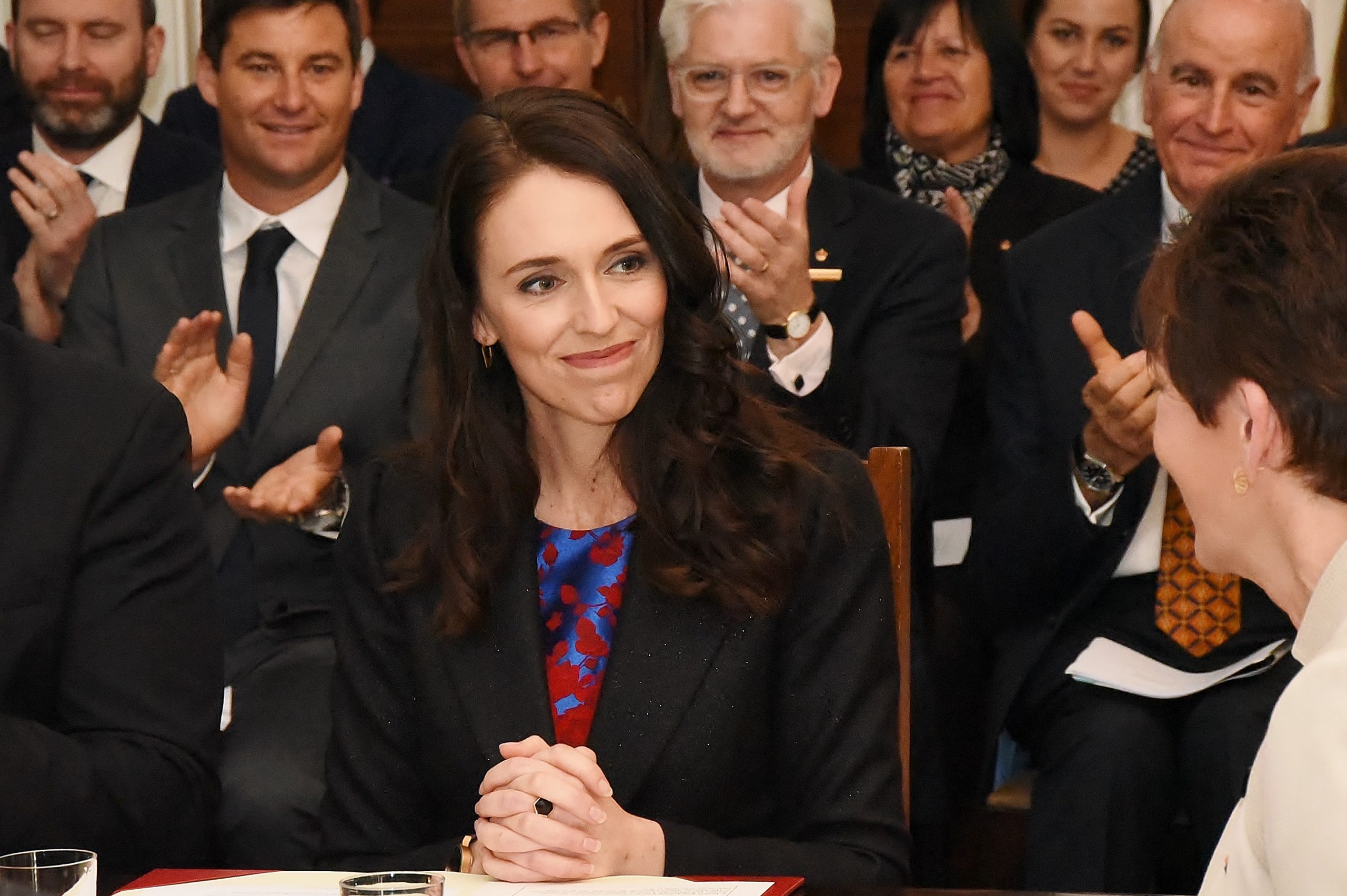As New Zealanders celebrated the lift of some lockdown restrictions, the world watched in envy. Decreasing from a level four lockdown to level three, schools in the country reopened alongside fast food outlets, and many showcased their first barista-made coffee or McDonald’s breakfast in a month. Prime Minister Jacinda Ardern has been praised across the world for her quick efforts and efficient management of the virus that seems to have prevented New Zealand from facing deaths in triple figures, far from the five-digit count we’re seeing in other countries like the UK and USA.
But what is it that has helped Ardern to contain the virus that the rest of the world is failing to keep at bay? On March 19th, after just twenty-eight positive tests, New Zealand closed their borders to everyone except citizens, permanent residents, and their families. All arrivals were made to self-isolate for fourteen days to allow the incubation period of the virus to pass, with Ardern making the protection of New Zealanders the ‘number one priority’.
Comparatively, Boris Johnson had been encouraging an isolation period for those reaching the UK or experiencing symptoms of just seven days. On the 3rd of March, Johnson had declared that the virus would not stop him ‘shaking hands with everyone’ at a hospital where patients who had tested positive were being treated, and he insisted the same rule applied when meeting diplomats. Twenty-four days later, he was confirmed to be self-isolating with symptoms, and on the 6th of April, Johnson found himself in intensive care. His ignorance, having been given advice by the World Health Organisation, is shared by Donald Trump, who has recently come under fire for suggesting people ingest disinfectant as a way to prevent the virus. The USA, having overtaken China as the epicentre of the virus, is facing up to a million deaths before the disease is under control, and with continuing anti-isolation protests providing a breeding hub for the virus, it comes as no surprise.
As pointed out by many on social media, countries led by women have seen far fewer cases compared to their male-led counterparts. Their responses have been undeniably productive, leading to hope that their lockdowns will be lifted far earlier than, for example, the UK. In Denmark, Prime Minister Mette Frederiksen was also able to lift restrictions this week, with children under eleven returning to school in the first step towards the return to normality. Compared to its neighbouring Sweden, restrictions were announced on the 11th of March, keeping cases under ten thousand in total, whereas Sweden’s famously relaxed approach now sees them rapidly approaching the twenty thousand mark.
Great leaders often have the traits we all strive to embody: being a good listener, taking criticism well, and making decisions in difficult situations. Like it or not, both Boris Johnson and Donald Trump are known for their outlandish personalities, and their heavily opinionated response to the virus has only caused it to multiply faster. It’s also worth noting that, in a world that seems to be shifting to the right, all the female world leaders who have seen their countries flatten the curve, notably New Zealand’s Ardern, Denmark’s Frederiksen, and Taiwan’s Tsai Ing-wen, come from left-wing or centre-left parties. As parties across the world adopt more left-leaning policies, such as Rishi Sunak’s announcement that the Government would cover eighty per cent of wages, and Donald Trump’s $1200 stimulus cheques that mimic former Democratic candidate Andrew Yang’s idea of basic universal income, it’s clear that New Zealand is leading the powers of the world by example.
With just 1,124 confirmed cases and nineteen deaths, the tough restrictions enforced early on in New Zealand have been embraced by the citizens and the community spirit has got them through one of the most challenging periods in modern history. Ardern enforced a ‘social bubble’ rule for just over a month, in which people choose a ‘bubble’ of friends and family who would only see each other while the lockdown was in place. The end is in sight for one country, who now get to enjoy going outside again as the world watches on in awe.
Lizzie Wright
Image: Wikimedia Commons.

